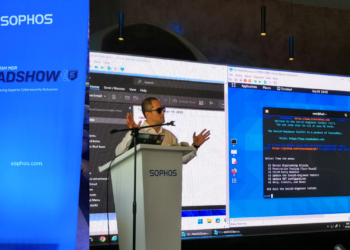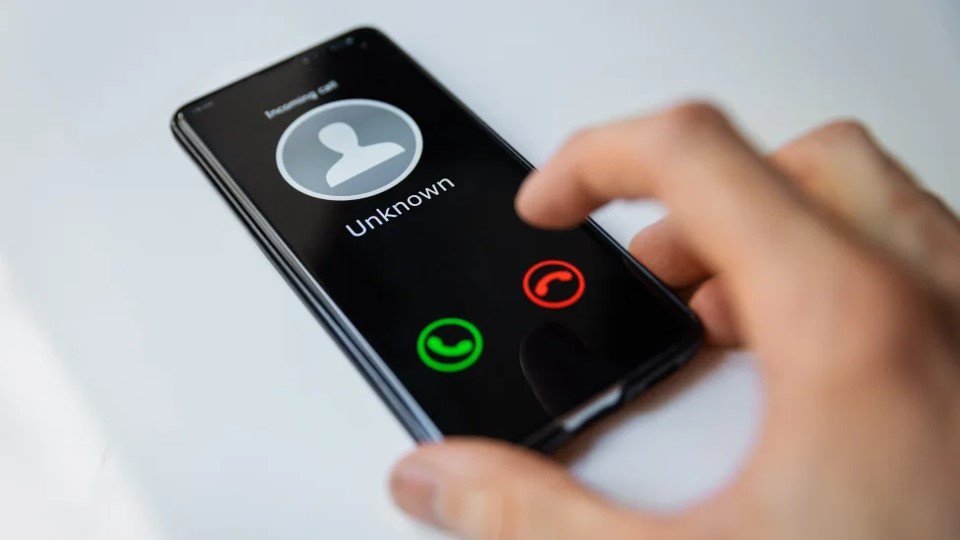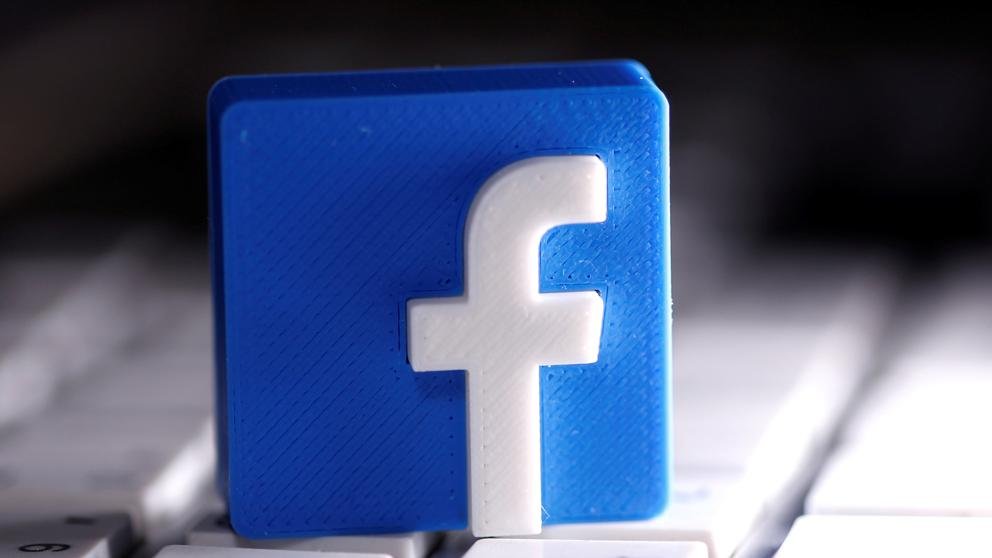Microsoft has finally pulled the plug on Windows Phone. Official confirmation came from a top Microsoft executive Joe Belfiore on Twitter.
“Of course we’ll continue to support the platform.. bug fixes, security updates, etc. But building new features/hw aren’t the focus,” Belfiore tweeted Sunday.
Of course we'll continue to support the platform.. bug fixes, security updates, etc. But building new features/hw aren't the focus. 😟 https://t.co/0CH9TZdIFu
— Joe Belfiore (@joebelfiore) October 8, 2017
If there was any surprise at all it was that Windows Phone was still breathing. Gartner said that Windows Phone registered a near-infinitesimal 0.1% market share in the first quarter of this year, reflecting the overwhelming dominance of Apple’s iPhone and all the many Android handsets.
That two-headed global monster not only took down Windows Phones, but delivered the same blow to the once dominant BlackBerry platform. Even Bill Gates recently conceded that he now uses an Android phone.
Hard as it is to remember now, early in the 2000s, Microsoft was a factor of sorts with Windows Mobile handsets, and even before so with what were called Pocket PC devices, which were mostly targeted at business users. There wasn’t much stickiness there, however, and neither Microsoft, nor its partners, was ever able to produce a must-have Windows Mobile offering for consumers.
The Windows handsets were typically too cumbersome for average folks. And the friendlier tile-based interface that eventually emerged—and which as a reviewer I liked, though not enough to beg off iOS or Android —came too late to generate any kind of meaningful turnaround.
Microsoft’s former CEO Steve Ballmer famously dismissed the iPhone in 2007 because of its $500 subsidized price and the fact that it lacked a keyboard. Ballmer figured —wrongly!—that the iPhone would in no way appeal to businesses.
Suffice it to say, by the time Microsoft bought Nokia’s smartphone business in an ill-fated $7.9 billion acquisition that closed in 2014, it was already playing catch-up in the space.
Belfiore’s apparent frustration with the way things went down with app developers came through in one of his tweets Sunday: “We have tried VERY HARD to incent app devs. Paid money.. wrote apps 4 them.. but volume of users is too low for most companies to invest.”
We have tried VERY HARD to incent app devs. Paid money.. wrote apps 4 them.. but volume of users is too low for most companies to invest. ☹️ https://t.co/ePsySxR3LB
— Joe Belfiore (@joebelfiore) October 8, 2017









